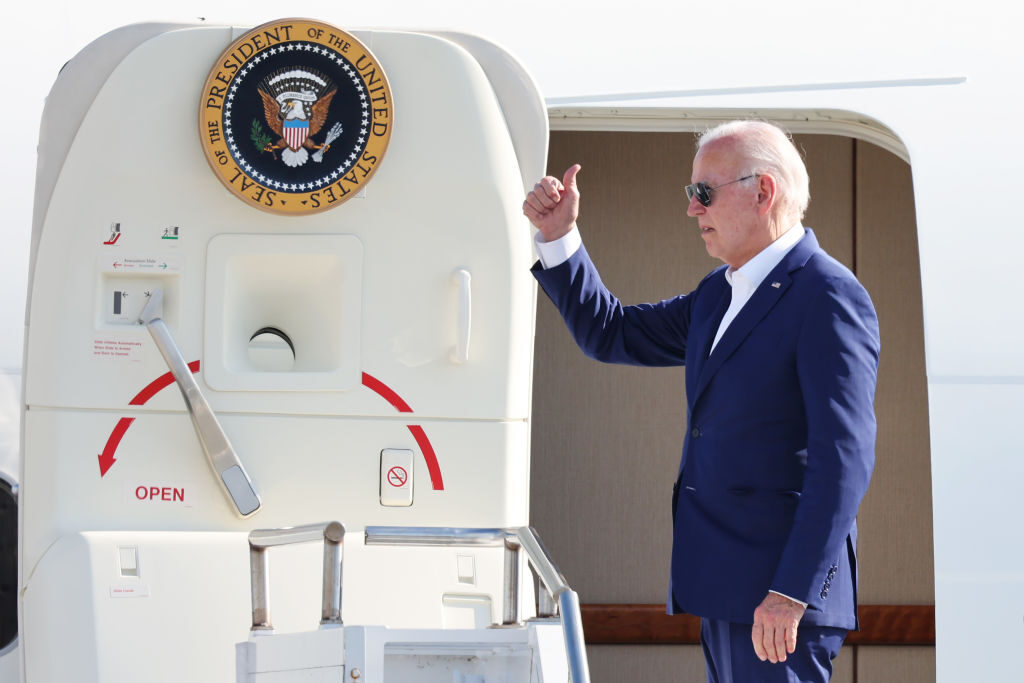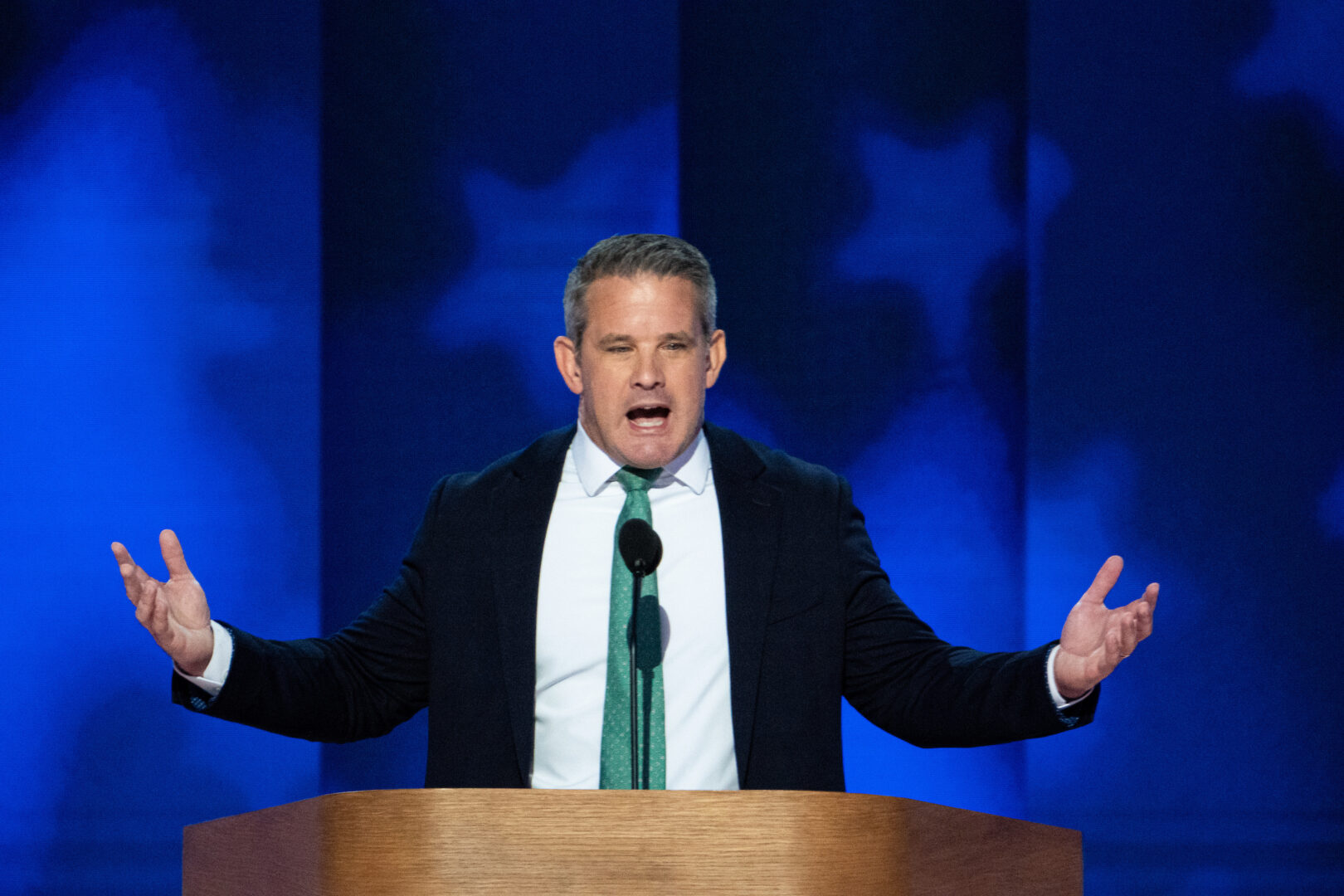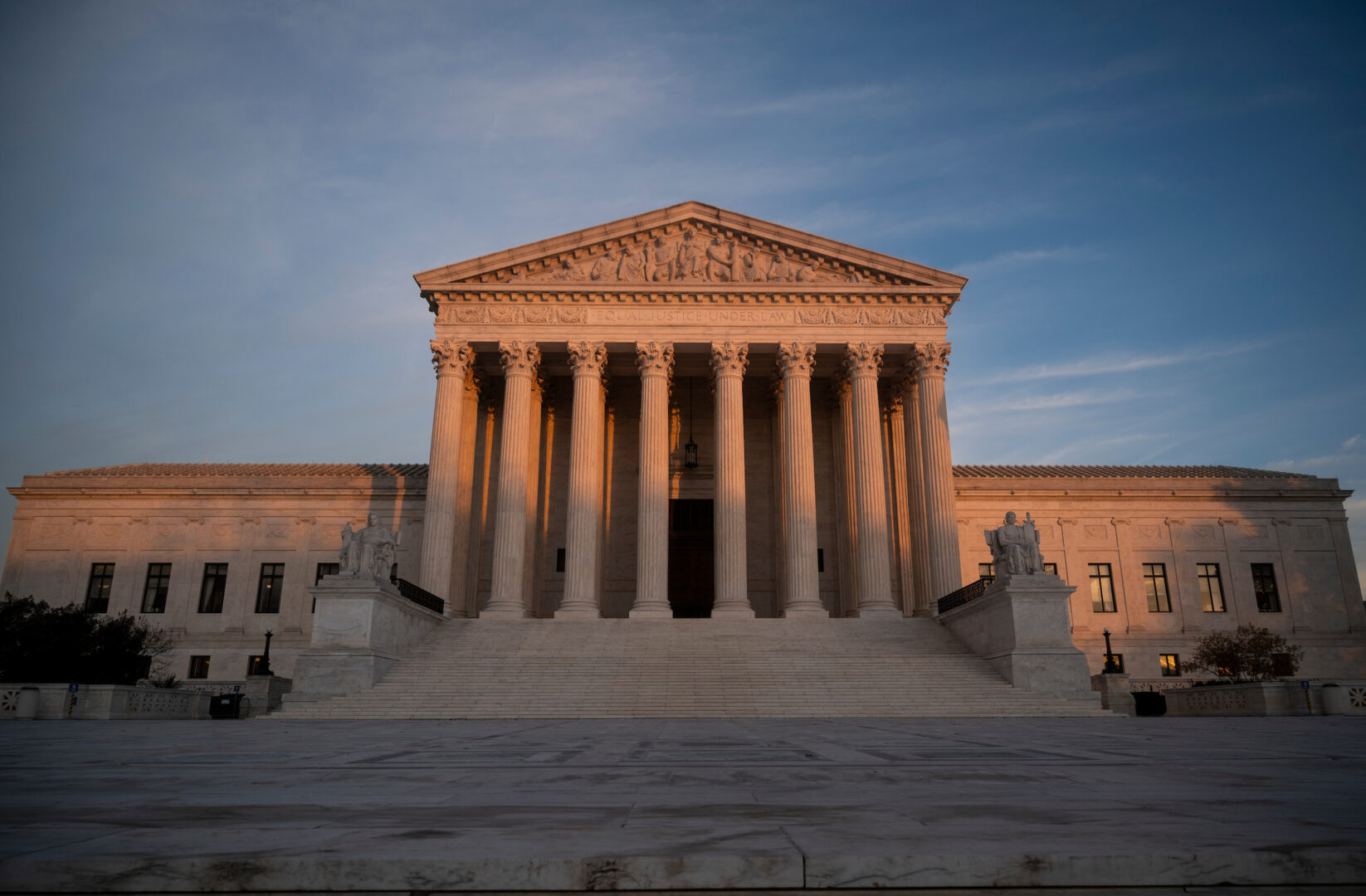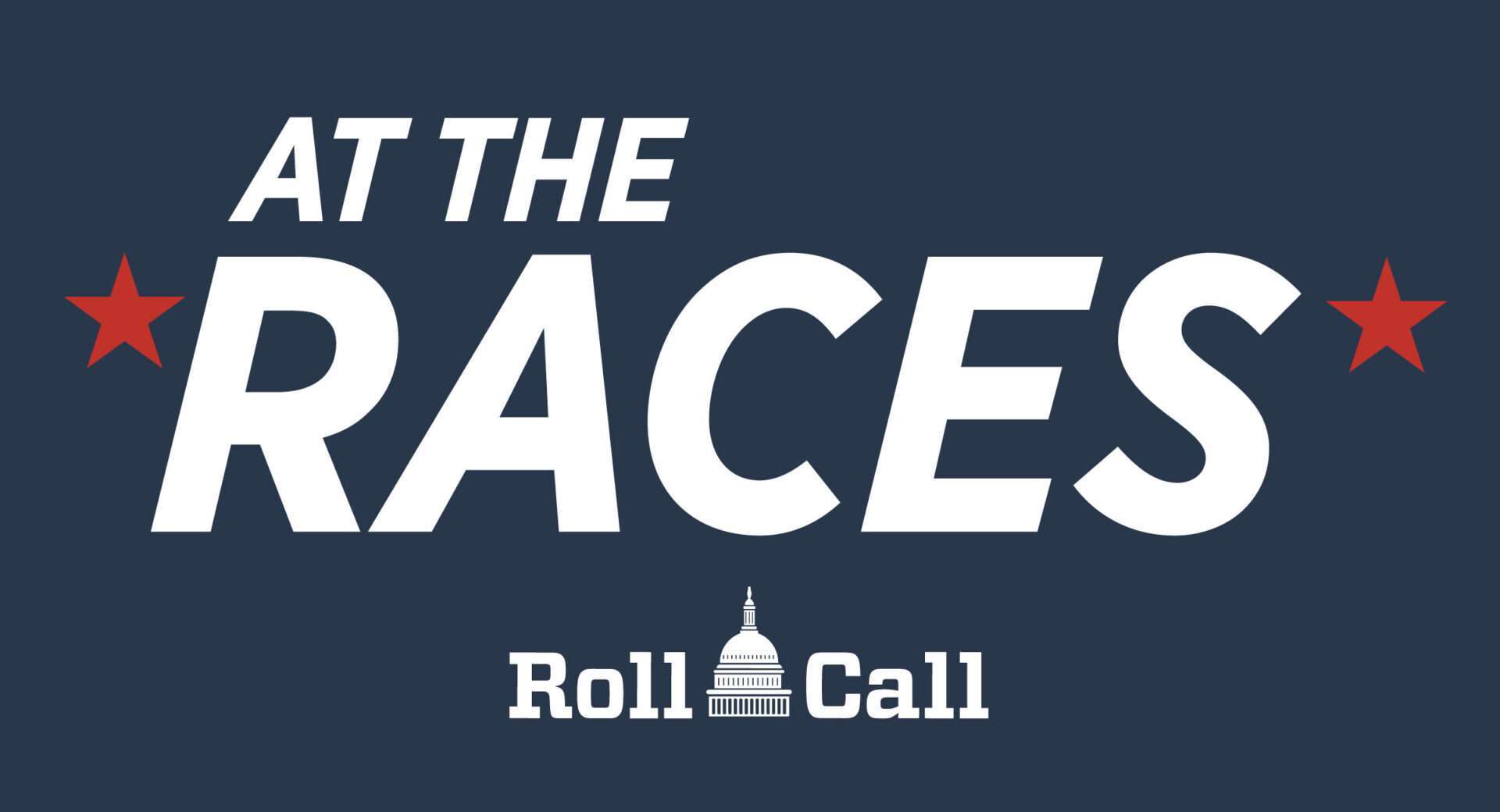The state of Joe Biden: Hope isn’t a strategy
He’s walking through a minefield every day, and another debate is looming in the distance

President Joe Biden’s debate performance on June 27 is likely now the most memorable of any candidate’s effort in the history of presidential debates. This surpasses Al Gore in 2000 and Donald Trump in 2020. Even Biden himself has described it as a “bad night.”
But it was more than that, as Biden now finds himself trying to salvage his candidacy while Washington has become consumed with whether the president can hold on to the nomination. If he manages to survive, he will immediately face another big question. What will happen in the rematch on Sept. 10?
Going into the first debate, there were already concerns about how Biden would do given the increasing number of public appearances in which he seemed to struggle to find his words or his footing, literally. As the gaffes became more frequent, not surprisingly, this has led to more questions about his physical health and his cognitive state. That put the age issue front and center for the debate. It didn’t go well.
Over the past few months, the White House and the Biden campaign have been very aggressive in refuting questions about the president’s health, insisting there was simply no “there there” despite growing evidence to the contrary. The Wall Street Journal came in for sharp criticism from the Biden team for a multi-sourced piece that brought those questions to an even more concerning level. Post-debate, that reporting seems a prescient and professional piece of solid work.
But prior to the debate, even Democrats understood there was significant risk for Biden in agreeing to this debate, and they were right.
For the electorate, the president’s performance was more than just a “bad night.” It was disturbing and unsettling. Biden was unable to complete sentences. He frequently lost his train of thought and just went silent.
He couldn’t collect and communicate his thoughts from the outset, best illustrated by his claim that he “beat Medicare.” This didn’t merely confirm what voters thought might be possible; it took that concern to a new level that many voters had not expected.
Biden’s self-analysis the next day did little to repair the damage, as he explained, “I know I’m not a young man. … I don’t walk as easy as I used to. I don’t speak as smoothly as I used to. I don’t debate as well as I used to.” This, unfortunately for Biden, only brought to mind special counsel Robert Hur’s description of him as a “sympathetic, well-meaning, elderly man with a poor memory,” a characterization the White House vehemently denied at the time.
The voter reaction to the debate was as bad as one would expect. A CBS post-debate survey (June 28–29) found that Biden lost the debate by a margin of 16 to 56 percent. Among independents, it was worse: 8 to 61 percent.
Among Democrats, a plurality said the debate was a tie at 45 percent each. More alarming for Biden, 64 percent of the electorate thought he should step aside, including 70 percent of independents and 45 percent of Democrats.
However, the public is still processing what they saw, which contradicted what the White House and many Democrats have been asserting for months. The president is fine, they’ve been telling us. Move along. Nothing to see here.
But their efforts to make the race all about Trump have clearly been compromised, with Biden’s poor performance now becoming a major factor in the political equation. Voters are just beginning to work through how this will impact their ballot preference.
Prior to the debate, 22 percent of the electorate had an unfavorable view of both candidates, a critical voting group. How these voters react to Biden’s suitability could be a deciding factor in the election.
In the short run, we’ve seen some slight movement. The RCP average on June 27 had Trump with a 1.5 percent lead nationally. As of this writing, the former president has a 3.3 percent lead. On June 27, the data analysis website 538 had Trump with a 0.2 percent lead, which has bounced to a 2.1 percent lead.
The tough question facing Democrats is the state of Biden’s presidential candidacy — should he continue or should he step down? Initially, Democrats, along with some critical media and major donors, seemed to conclude it was time for Biden to step aside. Over the last couple of days, Biden seems to have rallied some Democrats in his direction.
But the next few weeks will be nothing less than a walk through a minefield every day for Biden. More stumbles or gaffes will further reinforce what the electorate saw in the debate. While White House and campaign events can be controlled with friendly venues and audiences and scripted by staff, Biden cannot avoid interactions that are not.
The George Stephanopoulos interview with Biden several days after the debate is a prime example. His upcoming news conference Thursday after the NATO conference could be another.
But those are smaller risks than the big one still to happen, the second debate in September. Given Biden’s performance in the first debate, the second will likely get an extremely large viewership. But Biden can’t walk away, for two reasons.
First, doing two debates, and one this early, was his idea — one that left politicos scratching their heads. Second, if Biden did withdraw at this moment, it would telegraph that he and his campaign expect another “bad night,” and that admission would be devastating to his candidacy.
Additionally, trying to change any of the rules at this point would also be seen as a huge weakness on Biden’s part. He got the rules he wanted and thought they would restrain Trump’s ability to dominate the platform. He was wrong.
In essence, if Biden stays in with the support of congressional Democrats, his party is doubling down on the second debate, a big gamble on an erratic candidate, hoping his first debate was just a “bad night” and all his other fumbles are, in fact, just episodic.
But, to quote a familiar saying, “Hope isn’t a strategy.”
David Winston is the president of The Winston Group and a longtime adviser to congressional Republicans. He previously served as the director of planning for Speaker Newt Gingrich. He advises Fortune 100 companies, foundations and nonprofit organizations on strategic planning and public policy issues, as well as serving as an election analyst for CBS News.





